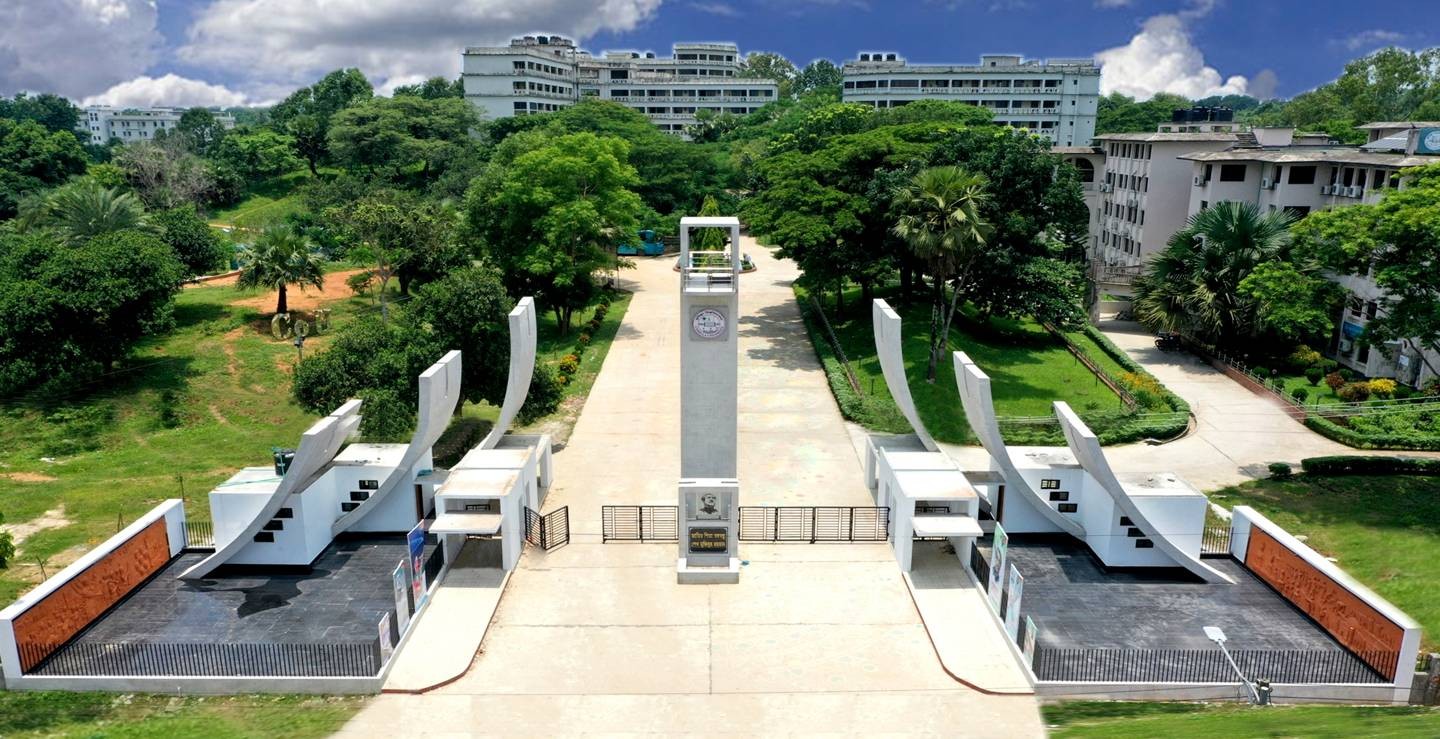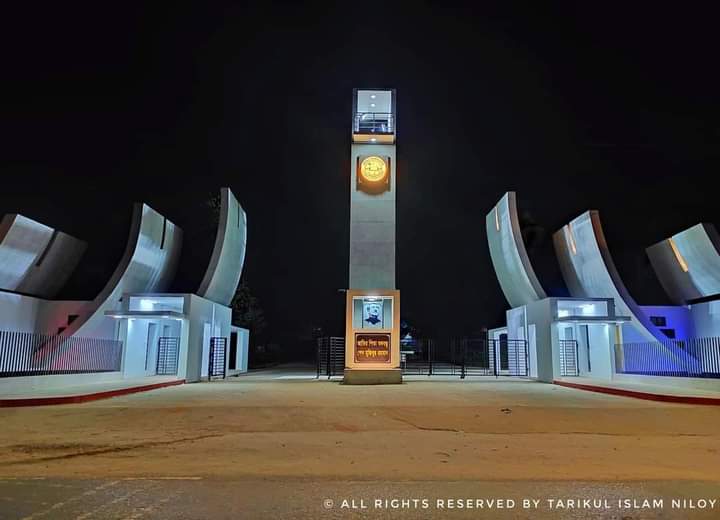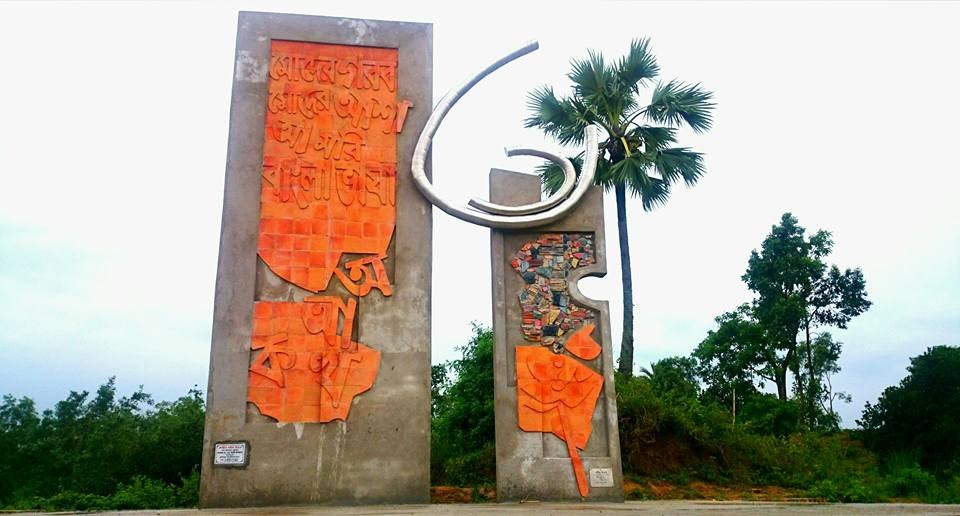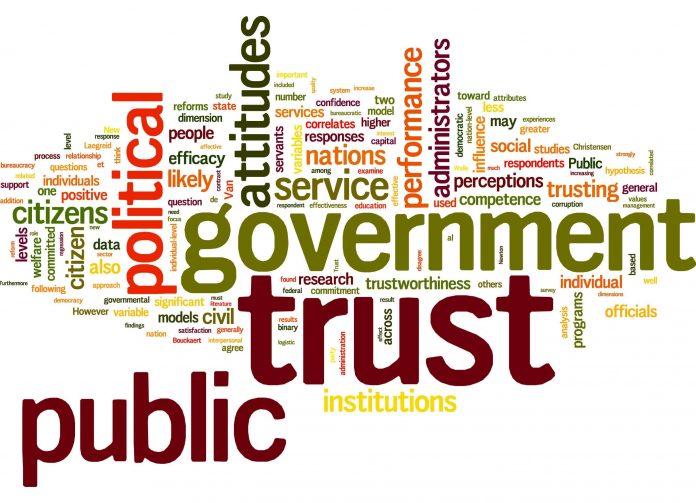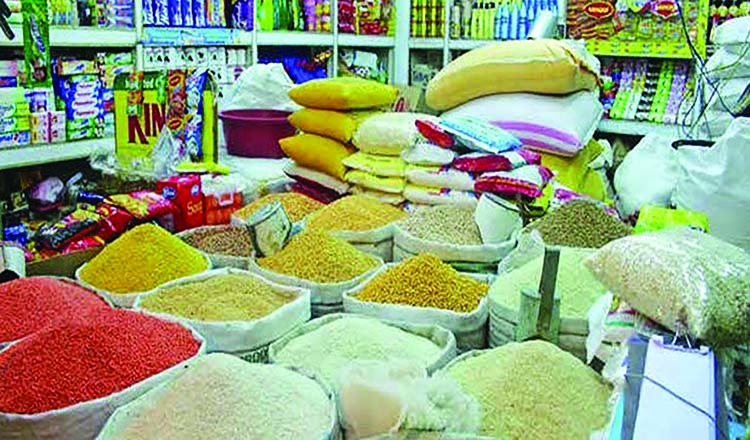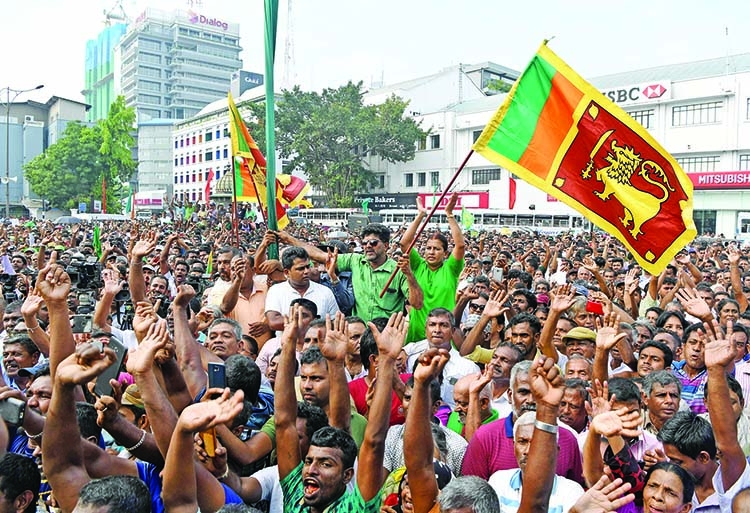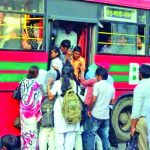By Leyon Tripura
It is very relevant for the stability and development of the democratic system. People’s trust in democratic governance is a fundamental pillar on which a fair and empathetic relationship is built between the ruler and the governed. But in many countries of the world today, people’s trust in democratic institutions is on the decline, which is leading to a decline in people’s support for democratic governance and increasing instability in the governance system in different countries. Therefore, it has become necessary to implement various strategies and policies to restore the confidence of the people.
Increasing transparency and accountability is one of the key conditions for rebuilding trust in the governance system. When people see that there is transparency in government activities and leaders are accountable, their confidence increases. Every activity of a democratic institution should be transparent so that the people understand that their money is being spent properly and government policies and programs are being used for the welfare of the people. For this, policies such as the Freedom of Information Act can be implemented, which gives people access to government information.
People’s participation in participatory policy and decision-making processes can play a role in rebuilding trust. When people feel that their views and suggestions are getting importance and they have a chance to participate in the decision-making process of the government, they become more interested in governance. Public opinion surveys, open forums for citizen opinion, and the improvement of local government systems in a democratic environment can play a role in rebuilding public confidence.
In Bangladesh, we can see that there is a huge trust deficit of the people in the persons and institutions in charge of running the government. These range from civil administration, law enforcement agencies to the judiciary and the Election Commission. This trust gap has widened not only because of their perceived ineffectiveness or reputation for corruption, but also because of their perceived politicization.
The role of civil society and the media is crucial in rebuilding trust in democratic governance. Civil society organizations such as NGOs, social workers, and other organizations talk about the weaker and deprived sections of the society and remind the government of their responsibilities. The media also acts as a bridge between the needs of the people and the activities of the government. An unbiased and free media keeps the public informed by disseminating accurate information and giving them confidence that they are getting the true information. As a result, people are able to understand and trust the government.
This pattern was evident in the election of several heads of caretaker governments responsible for conducting four elections from 1991 to 2008. This politicization is particularly evident in the election of the chief adviser to the caretaker government and the election commission. The outgoing government wants to nominate personalities who are supporters of the party in these two places. This means that according to that party, there is no neutral person in the country; everyone is a supporter of some party. The important thing is that this divisive issue is one of the reasons for the biased behavior of the bureaucracy, which became more widespread in the following years.
Over the years, as the country has become a more stable government, the politicization of government institutions has increased in the country. This is partly due to the failure of the opposition parties to unite and the absence of the main opposition party in the election due to suspected fraud. The lack of transparency in the activities of government institutions and employees and the absence of a code of conduct also strengthen the aggression of politics in government institutions. So much so that it would not be wrong to say, public trust in an impartial law enforcement agency or civilian administration is now almost rare.
The next election will be completed by the government in some way or the other, but most importantly, how will the people’s trust in government agencies and officials be restored? Another political will is needed to restore the trust that has been lost. Will the government take any steps to stop political aggression? I don’t know if this is what the government wants, but I know what will happen next. Whenever the next political government comes, starts another cycle of reward and punishment, the trust deficit will be filled.
In Conclusion, It is crucial to the growth and stability of the democratic system. The foundation of a just and compassionate relationship between the governed and the ruler is the public’s faith in democratic governance. However, people’s confidence in democratic institutions is eroding in many nations today, which is causing people to support democratic government less and the governance system in many nations to become more unstable. Therefore, in order to rebuild public trust, a number of policies and measures must be put into place.
One of the most important prerequisites for restoring confidence in the governing system is raising accountability and openness. When citizens perceive that government operations are transparent and that those in power are answerable.
The Writer is a Member of Social Research Group (SRG) and an undergraduate Student of Public Administration, Comilla University. This is a work in progress.

